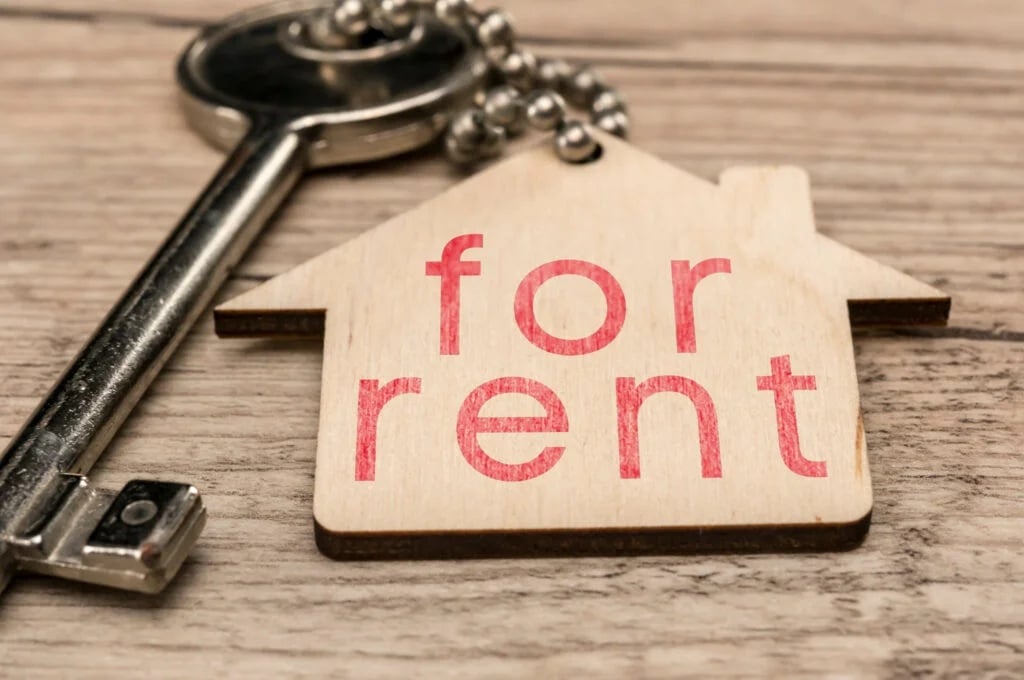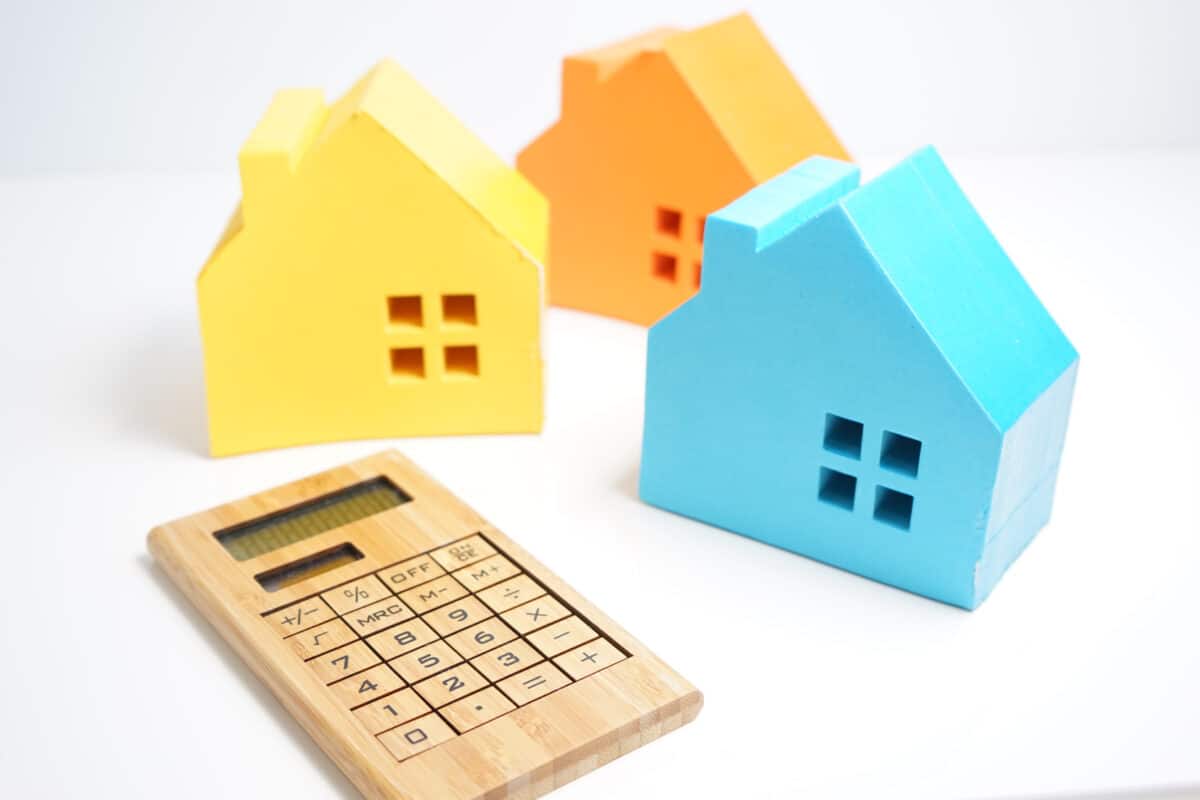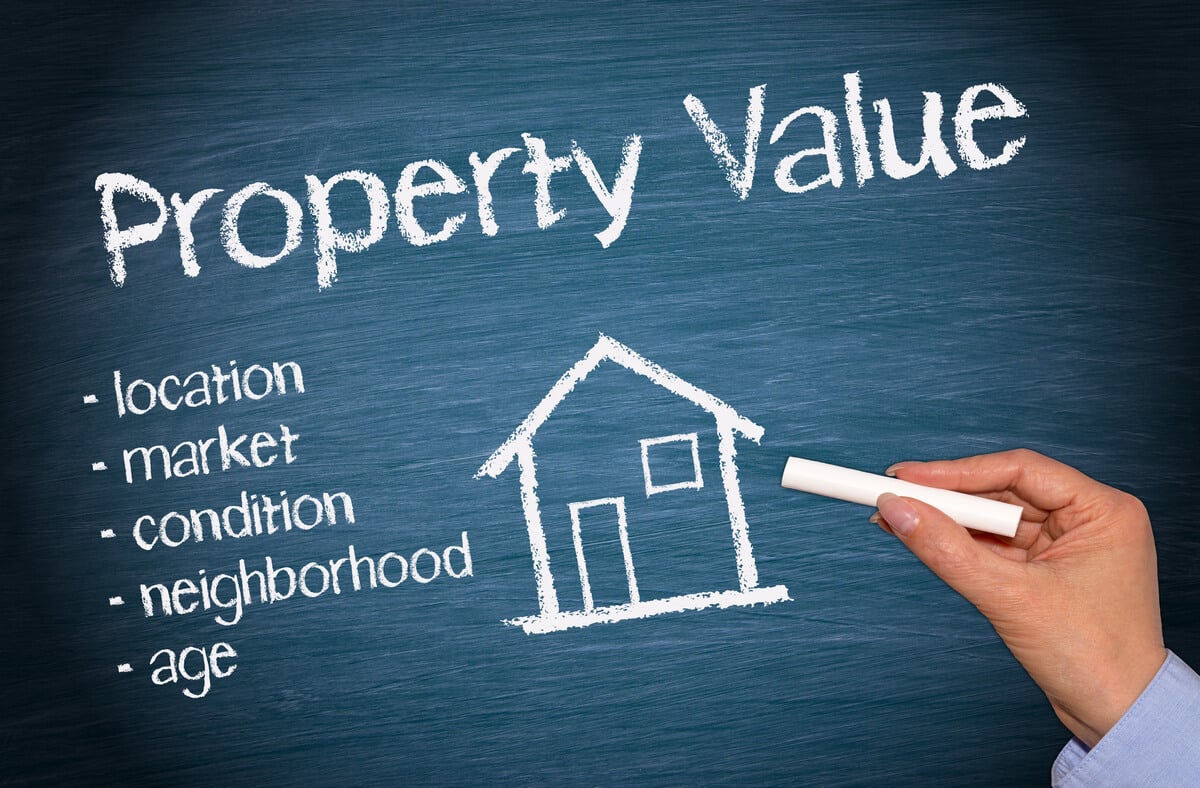Getting a Mortgage for a Pre-Construction Condo

Pre-construction condos are a popular choice in Ontario’s ever-evolving real estate market. Why? Attractive pricing, flexible deposit structures, and that exciting sense of starting fresh in a brand-new home.
But here’s the thing: getting a mortgage for a preconstruction condo works differently from financing a resale property. Not complicated, but it does come with its own rules, timelines, & expectations. And if you don’t know what to watch out for, things can get confusing, fast!
I’m Jatin Gill, and I’ve put together this guide to help you understand the mortgage process for preconstruction condos.
Read: Pre-Construction Condos 101: A Beginner’s Guide
Understanding Pre-Construction Condos
What is a pre-construction condo?
- A unit you buy before it’s built, based on floor plans, even before the first shovel hits the ground.
How does the purchase process work?
- Signing an Agreement of Purchase and Sale with the developer
- Paying a deposit in stages (for example, 5% in 30 days, another 5% in 90 days, and so on).
- Interim occupancy, when you can move in but don’t yet own the unit
- Final closing, construction is done, & ownership is officially transferred
Why do buyers choose pre-construction condos?
- Customizing finishes and layouts
- Lower entry prices compared to resale
- Time to save money during construction
- Early purchase in a hot neighbourhood
- Greater potential for long-term value
Read: Step-by-Step Guide for First-Time Pre-Con Buyers
Financing Pre-Construction Condos: Is It Possible?
The short answer is yes. Getting a mortgage for a pre-construction condo is possible. The good news is, major Canadian banks like RBC, TD, and Scotiabank, as well as credit unions and niche lenders, finance these purchases.
That said, the mortgage isn’t finalized automatically when you sign the purchase agreement. Usually, final mortgage approval comes later, closer to the closing date in the pre-construction condo timeline, two to four years after your initial deposit.
But here’s the catch: many builders will ask for proof of mortgage pre-approval before they accept your offer, and for good reason.
A mortgage pre-approval is essentially your lender saying, “Yes, based on what we’ve seen, your income, credit, and debt, you’re good for this amount.” It’s not the final mortgage, but it’s a green light that tells builders:
- You’re a serious buyer, not just window shopping
- You’ve already taken steps to secure financing
- You’re less likely to back out due to financial surprises
Think of it as your financial passport, without it, you might not even get past the front gate.
How Do You Show You’re Financially Ready?
Most builders won’t just take your word for it; they’ll want to see some kind of proof that you can actually finance the unit. Here are two common ways to show them you mean business:
- Mortgage Pre-Approval: This is the gold standard. A lender takes a close look at your income, credit score, & debts, then gives you a number: “Here’s how much we’re willing to lend you.” Some developers, especially those tied to major banks, require this up front.
- Letter of Intent: This is a more flexible option. It’s a note from a mortgage broker saying that, based on your financial snapshot, you’re likely to qualify for a mortgage later on. Some builders are fine with this during the early stages, especially if they don’t need the full pre-approval just yet.
How do you actually get this pre-approval thing? It depends on the builder. Some will point you toward their preferred lender, which can speed things up. But whether you go with their suggestion or your own bank, getting pre-approved early gives you a clear budget and serious peace of mind, so you’re not making one of the biggest purchases of your life while flying blind.
Read: The Pre-Construction Condo Timeline Explained

How a Mortgage Broker Can Help
When you’re financing a pre-construction condo, having a mortgage broker in your corner can be a total game-changer. Why? Your broker handles all that heavy lifting for you. Instead of you running around comparing banks, credit unions, and alternative lenders one by one, they get the job done, shopping for the best rates, terms, and options that actually make sense for you.
These experts know exactly what developers like and are looking for, how the whole pre-approval thing works, and which documents you’ll need (and when). They can help you snag a mortgage pre-approval or letter of intent fast, so you’re not left scrambling.
Bottom line? A great mortgage broker isn’t just nice to have; they’re your behind-the-scenes MVP, from the moment you sign the deal to the day you finally get your keys.
Deposit vs. Down Payment: Understanding the Terms
It’s easy to mix these up, but they’re not the same thing.
- Deposit: This is what you pay directly to the developer in stages while the condo is being built. For example, $5,000 on signing, then 5% in 30 days, another 5% in 90 days, and so on.
- Down Payment: This is the big upfront chunk you pay before your mortgage kicks in. Usually, it’s 20% of the purchase price, but it can be lower (sometimes 5% to 15%) depending on the lender or if you qualify for incentives.
Here’s the key part: our deposit doesn’t count as part of your mortgage. The bank only shows up at final closing to cover the balance. So, everything you paid during construction? That’s coming out of your own pocket—no mortgage help there.
Read: The Down Payment Playbook For Canada’s Housing Market
The Mortgage Process for Pre-Construction Condos
Getting a mortgage for a pre-construction condo isn’t a one-and-done deal, but a multi-phase process that will take a few years to complete. Here’s how it usually goes down:
Step 1: Pre-Approval or Letter of Intent
Like I explained before, right after you sign the purchase agreement, your builder will want proof that you’re financially ready: your financial thumbs-up!
Step 2: Keep Your Finances in Check
Construction can take two to four and even more years, so you’ll want to stay on top of your game. That means keeping your credit score healthy, avoiding big new debts, and holding onto steady income. Lenders will check all of this again before final approval.
Step 3: Time to Shop (Again)
About 2–3 months before closing, it’s go time. Start comparing mortgage options, rates, terms, lenders, the whole works. This is when you actually lock in your mortgage product.
Step 4: Final Approval and Closing
Once your condo is complete, your lender will do a final check: appraise the unit, review your finances again, and then disburse the mortgage funds. After that, congrats, your mortgage payments begin.
Bonus Step: Interim Occupancy (Ontario-specific)
In Ontario, you might move in before the building is officially registered. That’s called interim occupancy. During this phase, you’re not paying your mortgage yet, you’re paying an occupancy fee to the developer (kind of like rent).
Read: Everything You Should Know about Interim Occupancy in Canada

Key Considerations and Risks
Buying a pre-construction condo comes with some great perks, after all, every rose has its thorn!
- Developer Requirements: Some developers might only accept financing proof from A or B lenders. It’s not super common, but it does happen, so always, always read the fine print before locking things in.
- Project Risks: Nothing is guaranteed in this world, and pre-construction condos are no exception. Delays, cancellations, or in rare cases, the builder going belly-up, it’s all possible. That’s why it pays to do your homework. Check out the developer’s track record.
- Extra Costs: Don’t be caught off guard. Beyond your purchase price, you’ll be on the hook for things like HST (yes, even on new homes), land transfer taxes, legal fees, and other closing costs. They can really add up.
- Financial Changes: Life happens—job changes, marriage, new loans, credit hiccups. But during the build period, even small shifts in your financial picture can affect your ability to get that final mortgage approval, yes, butterfly effect!. Stay financially steady if you can.
At the end of the day, buying pre-con is about more than just locking in a shiny new unit—it’s about thinking ahead, staying informed, and being ready for whatever the process throws at you.
Read: What to Do if Your Pre-Construction Condo Project Gets Delayed or Cancelled
Tips for a Smooth Financing Experience
- Get a real estate lawyer: Have a sharp-eyed pro review your Agreement of Purchase and Sale. They’ll spot hidden fees, tricky clauses, and make sure you know exactly what you’re signing.
- Work with an experienced mortgage broker: Pre-construction financing has its own rules. A good broker who knows the drill can walk you through approvals, timelines, and lender expectations with way less stress.
- Get pre-approved early: Know your numbers from the start. Pre-approval gives you a clear budget and shows the builder you’re financially ready to go.
- Research the project: Don’t just go by glossy marketing. Look into the builder’s reputation, the neighbourhood, resale or rental potential, this is a long-term investment, not just a flashy buy.
- Start the final mortgage process early: About 2–3 months before closing, start shopping around. Give yourself time to compare lenders, lock in a good rate, and avoid a last-minute scramble.
A little preparation goes a long way. With the right team and timing, you’ll be ready for every step, from signing day to move-in day.
Read: Why You Need a Real Estate Lawyer for Your Property Purchase
New First-Time Home Buyers’ GST Rebate (Effective May 2025)
- What it is:
- A federal rebate eliminating or reducing the GST on new homes to help first-time buyers save up to $50,000.
- Who qualifies:
- Must be a first-time home buyer (no home ownership in last 4 years).
- Canadian citizen or permanent resident, 18+.
- Home must be primary residence.
- Applies to new homes, owner-built homes, or co-op shares.
- Home value limits:
- Full rebate for homes up to $1 million.
- Partial rebate (phased out) for homes between $1 million and $1.5 million.
- No rebate for homes valued $1.5 million or more.
- Eligibility window:
- Agreements signed or construction started May 27, 2025 – before 2031.
- Homes substantially completed by 2036.
- How to apply:
- Apply through the Canada Revenue Agency (CRA) with proof of purchase/construction and GST paid.
- Builders may also apply rebate at point of sale.
- Why it matters:
- Reduces upfront costs, easing entry into homeownership.
- Encourages new home construction, addressing housing shortages.
- Supports financial stability for young Canadians.

Bottom Line
Financing a pre-construction condo is absolutely doable, and with the right info and expert guidance, it can be a smooth and rewarding experience. Start early, get pre-approved, and don’t be afraid to ask questions along the way.
Ready to take the next step? Reach out to Platinum Condo Deals today. Our team knows Ontario’s pre-construction market inside and out and can walk you through every stage, from pre-approval to final closing.
Jatin Gill, an esteemed authority in real estate writing, is celebrated globally for his unparalleled expertise. With over 20 years in the industry, he has authored more than 1,000 SEO-friendly articles covering every facet of real estate. Specializing in pre-construction projects, Jatin's extensive knowledge spans all real estate topics. His content is a go-to resource for anyone seeking comprehensive, insightful, and up-to-date information in the real estate market.
Learn MoreFAQs
Yes, you can get a mortgage for a pre-construction condo in Ontario. Most developers require mortgage pre-approval to ensure you can finalize the property later.
The deposit is paid to the developer during construction. The down payment is the total upfront amount required before the mortgage kicks in.
You make deposit payments to the builder, usually 15-20% of the purchase price, spread over the construction period. Mortgage payments generally start after the condo is completed and you take occupancy, once the final mortgage is funded at closing.
Changes like job loss or credit issues could affect final mortgage approval. Keep finances stable.
Absolutely! Brokers access multiple lenders and know developer requirements, making the process easier.
Additional Resources















Awards & Achievement










Subscribe for the Latest Condo Deals
Apologies, our subscription list for this month is now full. Please register on our website to secure your spot for next month. Thank you for your interest!

